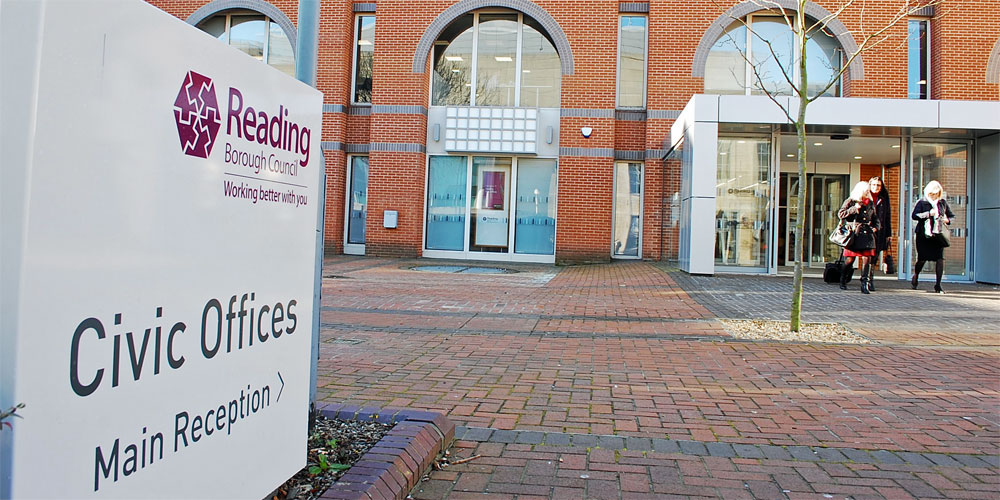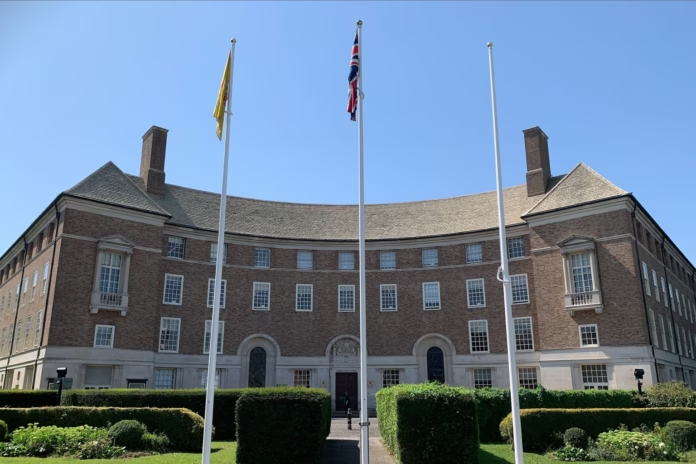
Auditors have issued a qualified adverse opinion on Reading Borough Council’s 2016/17 accounts – almost two years late due to a litany of problems.
In a stinging assessment, audit firm EY said the council’s basic financial controls were not working as expected during the year.
It said numerous errors in revenue and expenditure recognition had occurred due to a “basic lack of understanding of key accounting principles”.
EY’s said it was “not satisfied that, in all significant respects, Reading Borough Council and group put in place proper arrangements to secure economy, efficiency and effectiveness in its use of resources for the year ended 31 March 2017.”
A a number of inappropriate judgements led to material mis-statements, resulting in qualifications across a number of accounts within the council, EY said.
2nd Housing & Regeneration Finance Summit
County Hall, October 31st, 2019
The auditors criticised the council for producing “poor quality working papers which did not easily tie through to the figures as per the financial statements and so caused further delays in seeking explanations”.
Other delays were caused by the failure to provide working papers by pre-agreed deadlines, the report said.
In addition, the council lacked quality control arrangements to deliver financial statements and did not adhere to key guidance.
In addition, EY said it had identified instances of “inexperienced staff or staff without the appropriate qualifications” in the finance team being involved in key positions within the closedown of the financial statements.
It said: “This resulted in numerous errors within the financial statements.
“The nature of the errors identified reflected a basic lack of understanding of key accounting principles with debit and credit entries often used incorrectly.”
Giving its reasons for proposing an adverse conclusion, the report said: “We found that the financial and performance information used by the council is not always accurate and reliable and therefore did not help informed decision making.”
It also said basic financial controls were not working as expected.
“For example,” it said, “the regular completion of reconciliations is not timely, the year-end bank reconciliation did not balance and there were no control procedures over the production or posting of journals during financial year 2016/17.
“This increases the risk of fraud and errors remaining undetected.”
None of the key system control reconciliations had been carried out during the year, including cash, EY found.
The auditors said they had been unable to obtain sufficient evidence to confirm the correctness of accounts for a number of areas of the council, including adult care and health services; corporate support services; children, education and early help services; environment and neighbourhood services and the housing revenue account.
EY’s review also highlighted significant issues with the authority’s fixed asset register (FAR) and how it was accounting for its property, plant and equipment (PPE).
“Given the material nature of the PPE balances within the FAR, and their sensitivity to minor changes, the FAR was susceptible to producing materially incorrect outputs which in turn had significant and material consequences in numerous accounts within the financial statements,” EY stated.

It also said that the council’s use of a retired consultant to complete accounting entries, administration and maintenance of the FAR “raised potential issues with continuing professional development and access to the most up to date sector guidance and accounting developments”.
EY said that the council had failed to deliver on a plan to achieve savings on its 2016/17 budget, instead overspending by around £7.5m and using reserves to balance the budget.
A report to councillors by Matthew Davis, assistant director of finance at the council, said: “Significant work has been undertaken by officers and external audit to enable the sign off of the 2016/17 accounts.
“As members have previously been advised, this has not just required the provision of evidence and major re-working of 2016/17 transactions and balances but the re-stating of 2015/16 comparator balances.”
The council told Room 151 it was unable to provide a further statement on the contents of the report.
Due to the additional work required on the accounts, the auditor’s bill is expected to be at least £300,000 above the £109,000 the audit was expected to cost, according to a report to councillors.
Due to the delays in producing the 2016/17 accounts, the council has also missed the statutory deadline for the production and certification of the 2017/18 and 2018/19 statements.
EY said it would start work on these during this month.












